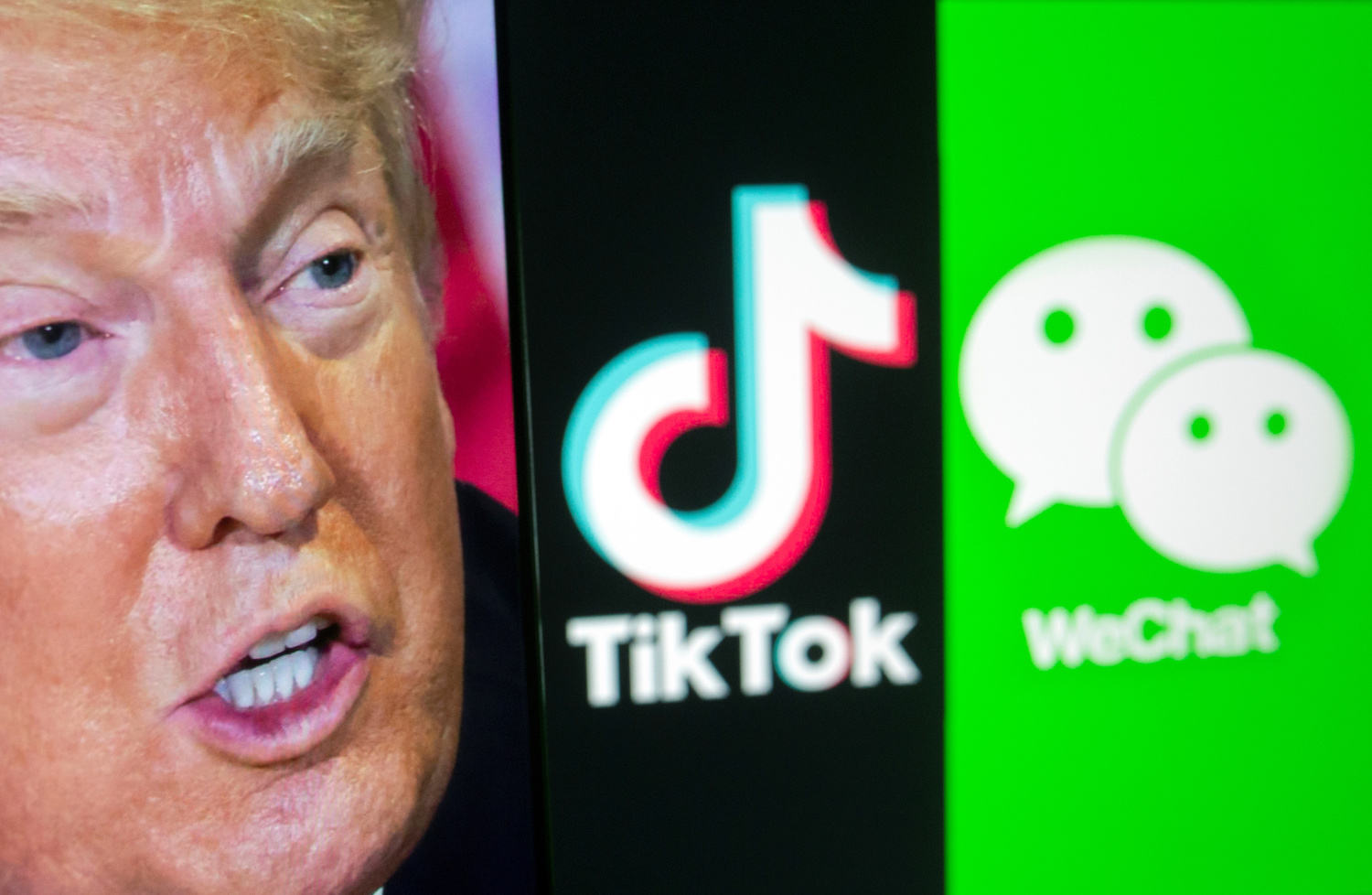WASHINGTON: The US Justice Department has asked a federal judge in San Francisco to allow the government to bar Apple and Alphabet’s Google from offering WeChat for download pending an appeal. A similar request will be made Sunday on TikTok.
The filing asked Magistrate Judge Laurel Beeler to put on hold her preliminary injunction issued last week. That injunction blocked the US Commerce Department order which was set to take effect late on September 20 and that would also bar other US transactions with Tencent Holding’s WeChat, potentially making the app unusable in the United States.
Beeler responded late on Friday by setting a hearing for October 15 on the motion but said she could potentially hold it on “a tighter time period.”
TECH WARS: New Huawei chairman bends the knee to Qualcomm
The Justice Department filing said Beeler’s order was in error and “permits the continued, unfettered use of WeChat, a mobile application that the Executive Branch has determined constitutes a threat to the national security and foreign policy of the United States.”
Tencent had put forward a “mitigation proposal” that sought to create a new US version of the app, deploy specific security measures to protect the new app’s source code, partner with a US cloud provider for user data storage, and manage the new app through a US-based entity, the filing said.
However, its proposal still allowed Tencent to retain ownership of WeChat and did not address US concerns over the company, it added.
Tencent declined to comment.
Users Alliance
Lawyers for US WeChat Users Alliance, the group behind the legal challenge to the WeChat ban, questioned the urgency of the government’s request, noting the time it took for the government to seek a stay.
“The government’s decision to sit tight for five days shows that there is no emergency,” they wrote.
In support of its argument, the Justice Department made public portions of a September 17 Commerce Department memo outlining the WeChat transactions to be banned.
“The WeChat mobile application collects and transmits sensitive personal information on US persons, which is accessible to Tencent and stored in data centers in China and Canada,” the memo said.
Beeler said WeChat users who filed a lawsuit “have shown serious questions going to the merits of the First Amendment claim”.
The Justice Department filing said “the First Amendment does not bar regulation of WeChat simply because it has achieved the popularity and dependency sought by (China), precisely so it can surveil users, promote its propaganda, and otherwise place US national security at risk.”
TECH WARS: Insiders tell of frenzied rush to reach TikTok deal
WeChat has had an average of 19 million daily active users in the US, analytics firms Apptopia said in early August. It is popular among Chinese students, Americans living in China and some Americans who have personal or business relationships in China.
TikTok on Wednesday sought a similar preliminary injunction from a US judge in Washington. A judge on Friday said he would hold a hearing Sunday morning about whether to halt the US app store ban on new TikTok downloads set to take effect Sunday night.
ByteDance has said it made a preliminary deal for Walmart and Oracle to take stakes in the short-video sharing app, but the exact terms of the agreement remain unclear.
The Commerce Department gave the companies an additional week to finalise a deal before an order banning TikTok from US app stores takes effect, citing “recent positive developments.”
ByteDance, Walmart and Oracle said last Saturday that their agreement would allow TikTok to continue to operate in the US. But American officials have expressed serious concern that the personal data of as many as 100 million Americans who use the app was being passed on to China’s Communist Party government.
ByteDance has said its deal with Oracle and Walmart will see the creation of a standalone US company and does not involve any transfer of technology, though Oracle will be able to inspect TikTok U.S. source code. It has also said the deal needs approval from both China and the United States.
- Reuters
























